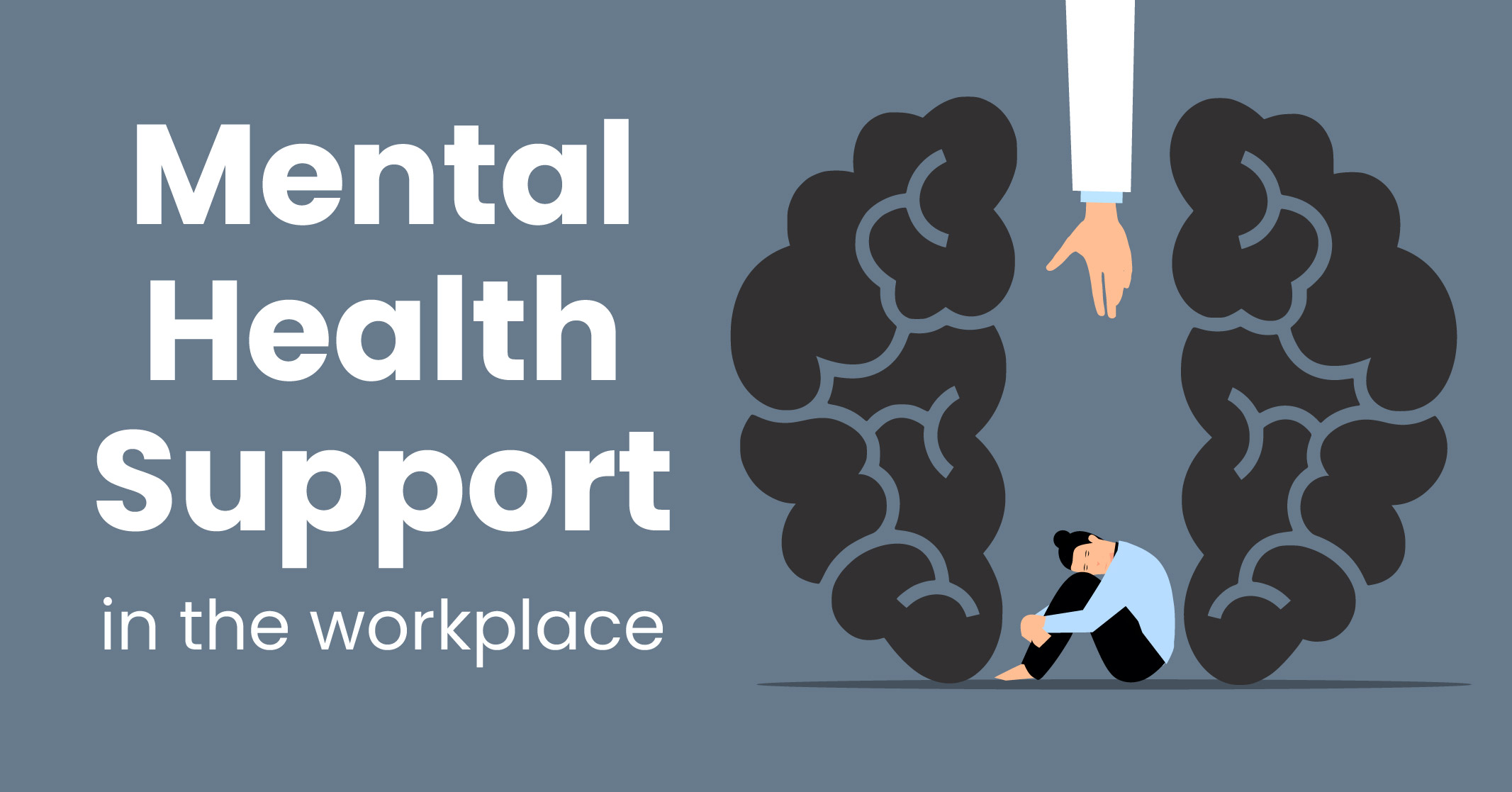Comprehensive Inpatient Mental Wellness Solutions for Effective Therapy
Inpatient mental health and wellness solutions stand for an essential component of the medical care system, giving a intensive and structured setting for individuals experiencing extreme emotional distress. Checking out the nuances of this continuum exposes considerable implications for both individual recovery and more comprehensive psychological health and wellness outcomes.
Understanding Inpatient Mental Wellness Providers
Inpatient psychological health and wellness services give essential support for people experiencing severe mental distress that can not be managed effectively in an outpatient setup. These services are made to use an intensive degree of care in a structured setting, commonly within a health center or specialized facility. Patients confessed to inpatient programs generally present severe symptoms, such as self-destructive ideation, severe clinical depression, or psychosis, requiring continuous tracking and treatment.
The admission process generally involves a thorough evaluation by psychological health and wellness specialists, who examine the individual's psychological state, history, and immediate demands. Once confessed, people engage in a selection of therapeutic techniques customized to their specific demands, consisting of medication administration, specific therapy, and group sessions. This all natural approach aims to maintain the patient's condition, advertise safety and security, and foster coping skills.
Inpatient mental wellness services not only address prompt wellness concerns however likewise function as a bridge to continuous treatment. By providing a controlled atmosphere, these services assist in the growth of treatment plans that can be continued in outpatient settings, therefore ensuring a continuum of care and improving long-term outcomes for individuals with complicated mental wellness demands.
Key Parts of Effective Treatment
Efficient treatment in inpatient psychological wellness solutions consists of numerous vital parts that foster recovery and stablizing. Primarily, a comprehensive assessment is important to determine the individual's particular needs and challenges. This evaluation informs the development of a customized therapy plan, which acts as a roadmap for intervention.
An additional important element is the multidisciplinary team approach. Cooperation amongst psychiatrists, psychologists, registered nurses, and social employees guarantees that various perspectives add to the client's care, boosting the efficiency of treatment. Evidence-based healing techniques, such as cognitive-behavioral therapy (CBT) and dialectical behavior modification (DBT), are also indispensable, supplying structured strategies that deal with maladaptive idea patterns and behavior issues.

Last but not least, a concentrate on aftercare planning is critical to make sure a seamless change to outpatient services, minimizing the threat of relapse and promoting long-lasting health. These collective components produce an effective therapy framework within inpatient psychological health solutions.
Benefits of Comprehensive Treatment

Comprehensive care in inpatient psychological wellness services provides many advantages that considerably improve person outcomes. One of the main benefits is the all natural approach to treatment, dealing with not just the emotional signs and symptoms but also the physical, social, and emotional requirements of individuals. This detailed assessment permits tailored interventions that promote general wellness.
Another benefit is the integration of multidisciplinary groups, which fosters collaboration amongst health care specialists. This joint setting makes certain that people obtain worked with treatment, reducing the threat of fragmented therapy and boosting interaction amongst caregivers. Detailed care facilitates connection of solutions, enabling for seamless transitions from inpatient to outpatient setups, which is vital for long-lasting healing.

Finally, the structured atmosphere of extensive inpatient care provides a safe space for people to participate in healing tasks, assisting them establish coping strategies and strength. Jointly, these benefits contribute to more reliable treatment and enhanced lifestyle for individuals experiencing mental wellness situations.
Evidence-Based Restorative Methods
In the realm of psychological health and wellness treatment, evidence-based healing strategies play a vital function in guaranteeing that patients obtain efficient and scientifically sustained interventions. These approaches incorporate the very best available research study with medical proficiency and person values, fostering a customized treatment experience that attends to individual demands.
Cognitive Behavior Treatment (CBT) is one of one of the most extensively acknowledged evidence-based approaches, concentrating on identifying and altering adverse thought patterns and habits. This organized strategy has demonstrated efficiency in dealing with conditions such as anxiety, stress and anxiety, and PTSD. In A Similar Way, Dialectical Behavior Modification (DBT) is particularly efficient for individuals with borderline character problem, stressing the growth of psychological regulation and interpersonal effectiveness skills.
Furthermore, medicine management is commonly an essential part of evidence-based treatment, as psychotropic drugs can relieve signs and boost total performance. Joint treatment models, which involve multidisciplinary teams, even more improve the effectiveness of inpatient services by ensuring comprehensive evaluations and continual surveillance.
Eventually, the integration of evidence-based therapeutic strategies not just promotes positive professional results however also encourages individuals, fostering a feeling of company and resilience in their psychological health and wellness journeys.
Transitioning to Outpatient Assistance
The shift from inpatient mental wellness services to outpatient assistance marks a crucial stage try this in an individual's her comment is here recovery trip. This period calls for cautious preparation and sychronisation to ensure connection of care and to alleviate the risks of regression or crisis. Reliable discharge planning need to commence early in the inpatient keep, involving a multidisciplinary group that includes psychoanalysts, psychologists, nurses, and social employees.
Crucial element of an effective change include the growth of an extensive aftercare strategy tailored to the individual's details needs. This strategy should describe follow-up consultations, medication administration, and therapeutic interventions, along with identify neighborhood sources and assistance groups that can promote continuous recuperation.
Furthermore, individual and family members education is crucial throughout this stage. Understanding the indications of possible troubles and the significance of adhering to therapy can encourage patients and their support group.
Routine follow-up and reassessment of the outpatient strategy are crucial to address developing difficulties. By cultivating a joint partnership in between inpatient and outpatient companies, the probability of continual recuperation rises, inevitably boosting the person's quality of life and reducing the risk of readmission.

Conclusion
In recap, thorough inpatient mental health and wellness solutions offer a necessary structure for dealing with serious emotional distress through a multidisciplinary method. By incorporating evidence-based treatments, fostering a structured atmosphere, and advertising family members involvement, these services improve therapy performance. The focus on security and the development of coping skills not only help in instant recuperation yet also helps with a smoother shift to outpatient treatment. Eventually, such thorough treatment is essential for long-term mental health and well-being.
The admission process typically includes an extensive assessment by mental health specialists, that examine the person's mental state, history, and immediate demands.Reliable therapy in inpatient mental health solutions makes up a number of key components that cultivate healing and stabilization.Comprehensive treatment in inpatient psychological health services supplies click to read more many benefits that significantly boost individual outcomes.The change from inpatient psychological health solutions to outpatient support marks an essential stage in a patient's recuperation journey.In recap, detailed inpatient mental wellness services supply a necessary framework for resolving serious psychological distress with a multidisciplinary approach.